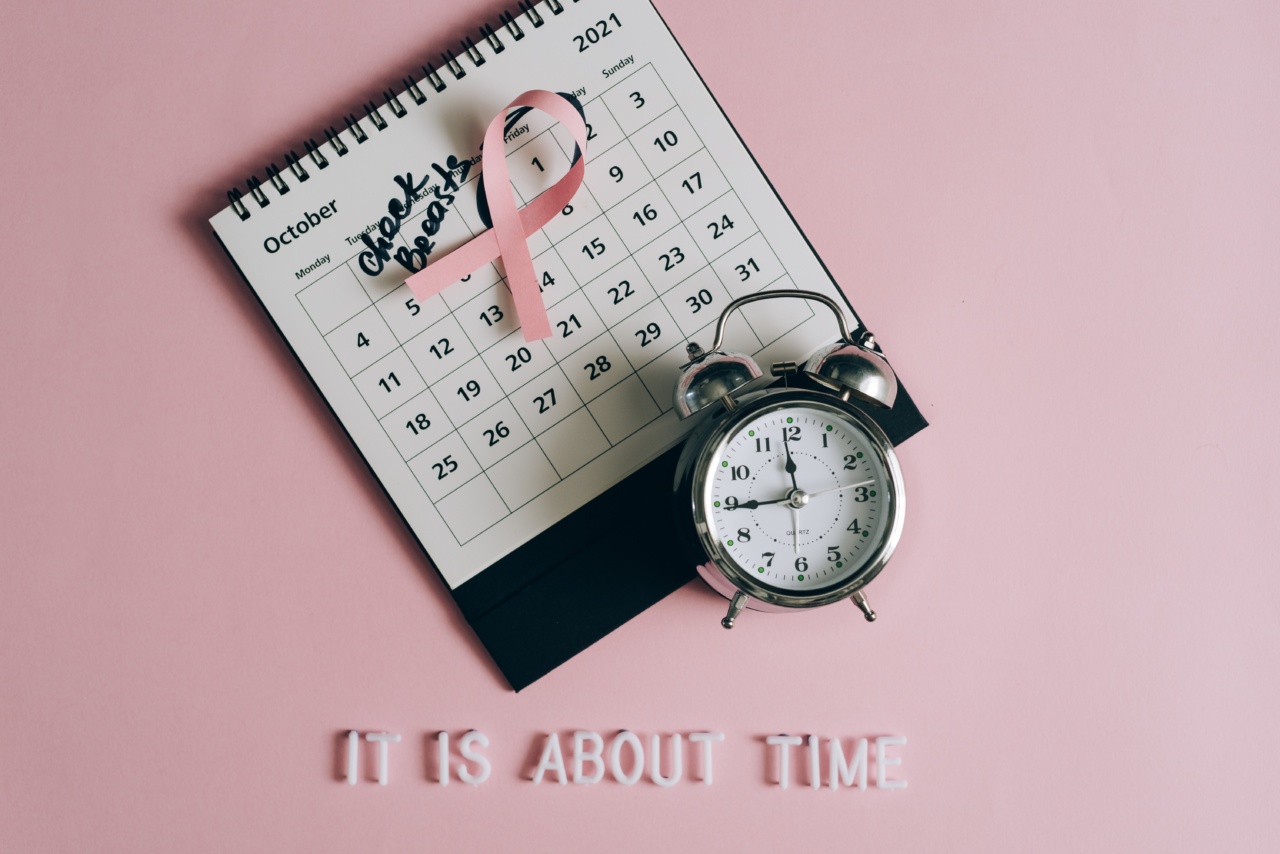Cancer is a devastating disease that affects millions of people worldwide.
While some cases of cancer are caused by genetic factors or environmental factors out of our control, there are certain habits that can increase your likelihood of developing cancer. By identifying and changing these habits, you can reduce your risk of this deadly disease. Here are seven habits that may increase your likelihood of cancer:.
1. Smoking
Smoking is the leading cause of preventable deaths worldwide and is responsible for several types of cancer, including lung, mouth, throat, and pancreatic cancer.
It introduces harmful chemicals into your body, damaging your cells and increasing the risk of cancerous mutations.
2. Excessive Alcohol Consumption
Excessive alcohol consumption has been linked to an increased risk of various cancers, such as liver, breast, and colorectal cancer.
Alcohol is known to damage DNA, weaken the immune system, and increase hormone levels, which can contribute to cancer development.
3. Unhealthy Diet
An unhealthy diet characterized by high consumption of processed foods, sugary beverages, red and processed meats, and low intake of fruits and vegetables can increase your risk of developing cancer.
Such a diet is associated with obesity, inflammation, and insulin resistance, all of which can contribute to the growth and spread of cancer cells.
4. Lack of Physical Activity
A sedentary lifestyle with limited physical activity can increase the risk of certain cancers, such as breast, colon, and prostate cancer.
Regular exercise helps maintain a healthy weight, boosts the immune system, and reduces inflammation, all of which can lower the risk of cancer.
5. Excessive Sun Exposure
Overexposure to the sun’s harmful ultraviolet (UV) rays can lead to various types of skin cancer, including melanoma.
Always use sunscreen, wear protective clothing, and limit sun exposure during peak hours to reduce your chances of developing skin cancer.
6. Chronic Stress
Chronic stress can impact your overall health and increase the risk of various diseases, including cancer. Prolonged stress weakens the immune system and promotes inflammation, which can contribute to the development and progression of cancer.
7. Exposure to Environmental Carcinogens
Exposure to certain environmental carcinogens, such as asbestos, benzene, radon, and certain chemicals used in manufacturing, can significantly increase the risk of developing cancer.
It is crucial to take necessary precautions and follow safety guidelines when working or living in environments where these carcinogens are present.
By making conscious efforts to avoid these habits, you can significantly reduce your likelihood of developing cancer.
Quitting smoking, moderating alcohol consumption, adopting a healthy diet, staying physically active, protecting yourself from sun damage, managing stress levels, and minimizing exposure to environmental carcinogens are crucial steps towards improving your overall health and reducing the risk of cancer.




























